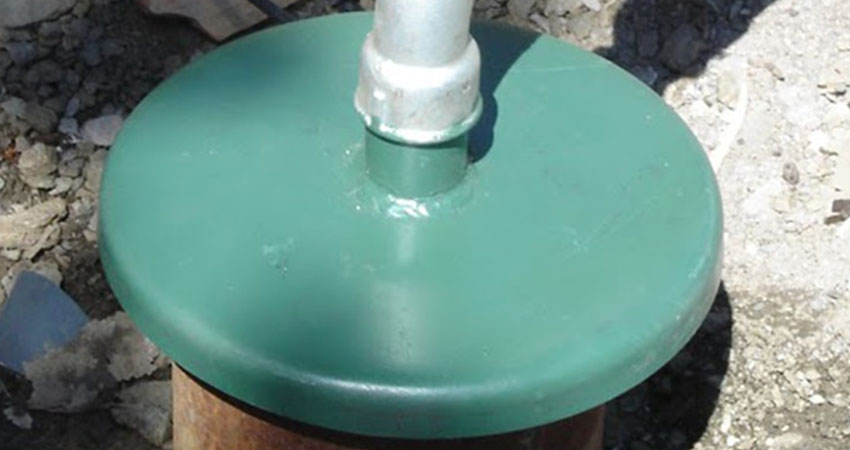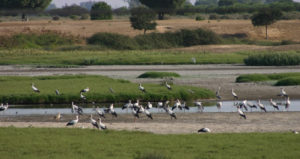Spanish police arrests users of illegal wells

-
Editorial Team
Share article:
The Spanish Police (Guardia Civil) recently arrested 133 people for illegal and unsafe extraction of ground water. In 2021 the Guardia Civil arrested 98 people for illegal water use. Surveillance and control of water resources, mainly aquifers, also made it possible to detect up to 2,326 administrative infractions.
The Spanish agents detected illegal wells, the construction of illegal water reservoirs and the illegal collection of water from riverbeds and streams. Most facilities lacked security measures and therefore they represent danger to people or animals. Especially when the structures are abandoned after such illegal use.
Vulnerable areas
The information the police collected made it possible to create a record with the locations of illegal constructions. With georeferencing techniques they can now monitor and control illegal abstractions. Of all the illegal structures, 74% correspond to wells and boreholes. A large part of the operation has been carried out in particularly sensitive and vulnerable areas, such as the Doñana National Park and the basins of the main rivers in Spain.
Operation Mizu
After the death of the three year old child Julen Roselló, in January 2019 the Guardia Civil started Operation MIZU (water in Japanese). The fist operation executed in 2021 resulted in more than 2.000 charges. The campaign was repeated in 2022 under the name MIZU II. Again the police investigation resulted in many charges.
Drought
The current situation of water resources in Spain is worrisome. Reservoirs across Spain are reported to be at around 45 per cent of their capacity due to the drought. A continued shortage of rainfall in Spain has led to a dramatic period of drought in the country. With no forecast of rain, the outlook is looking bleak for the moment.
Prison
Overexploitation of aquifers causes a serious threat to the environment. The perpetrators of this type of act would be facing prison sentences of six months to two years, a fine of ten to fourteen months and special barring from profession or trade for a term of one to two years. In serious cases perpetrators could face a prison sentence of up to five years.











